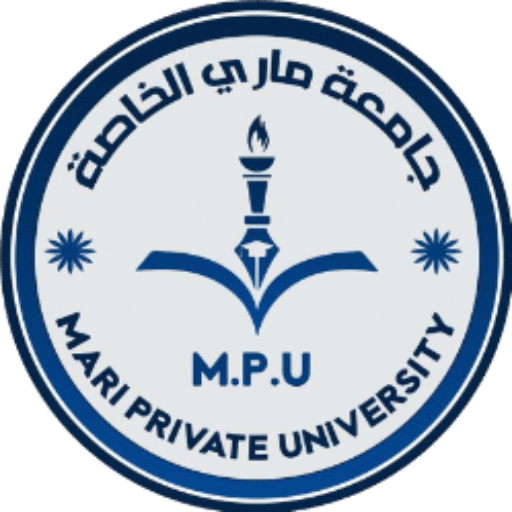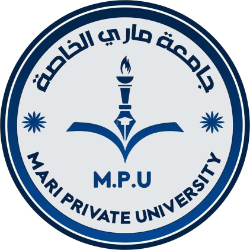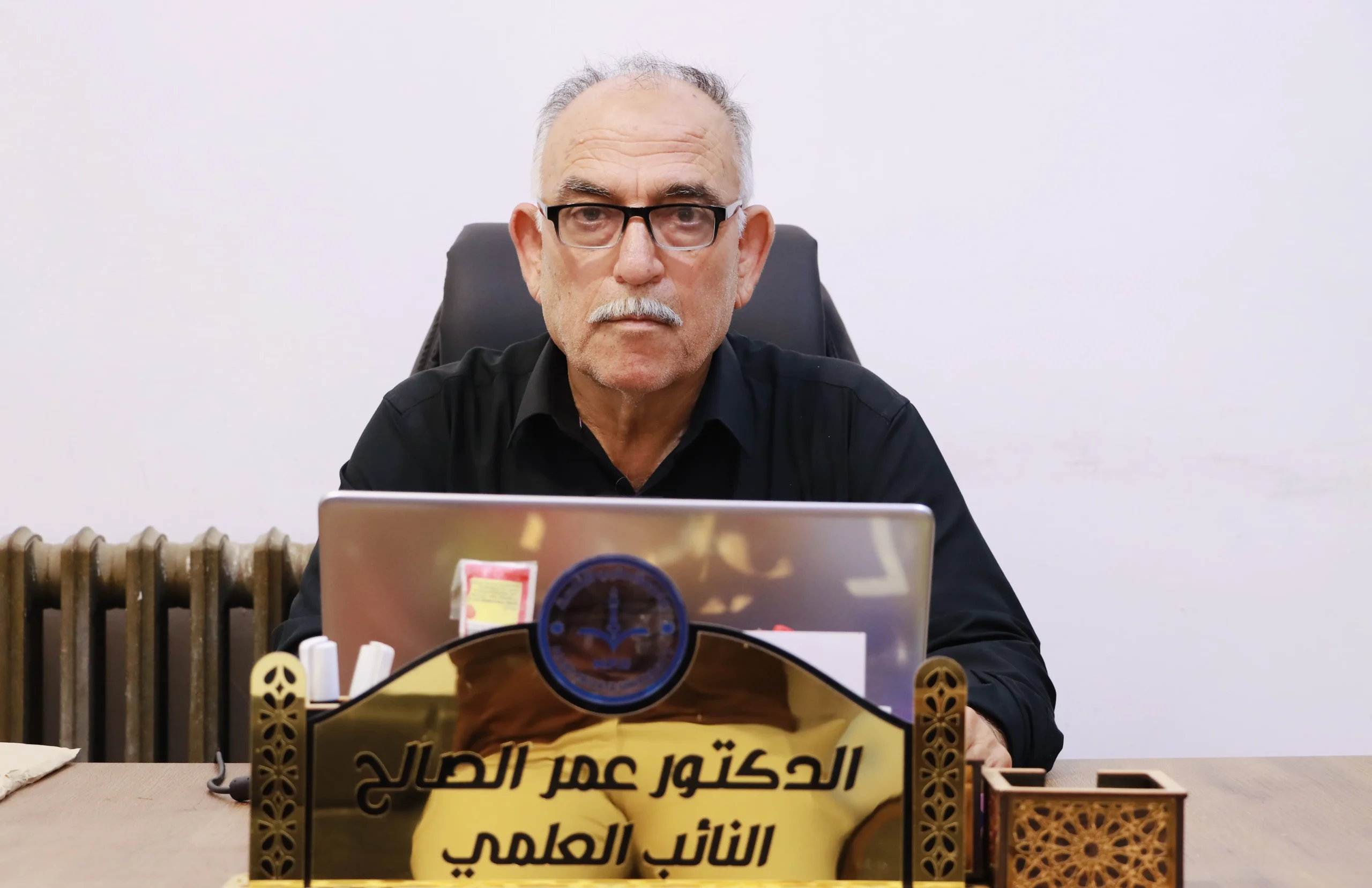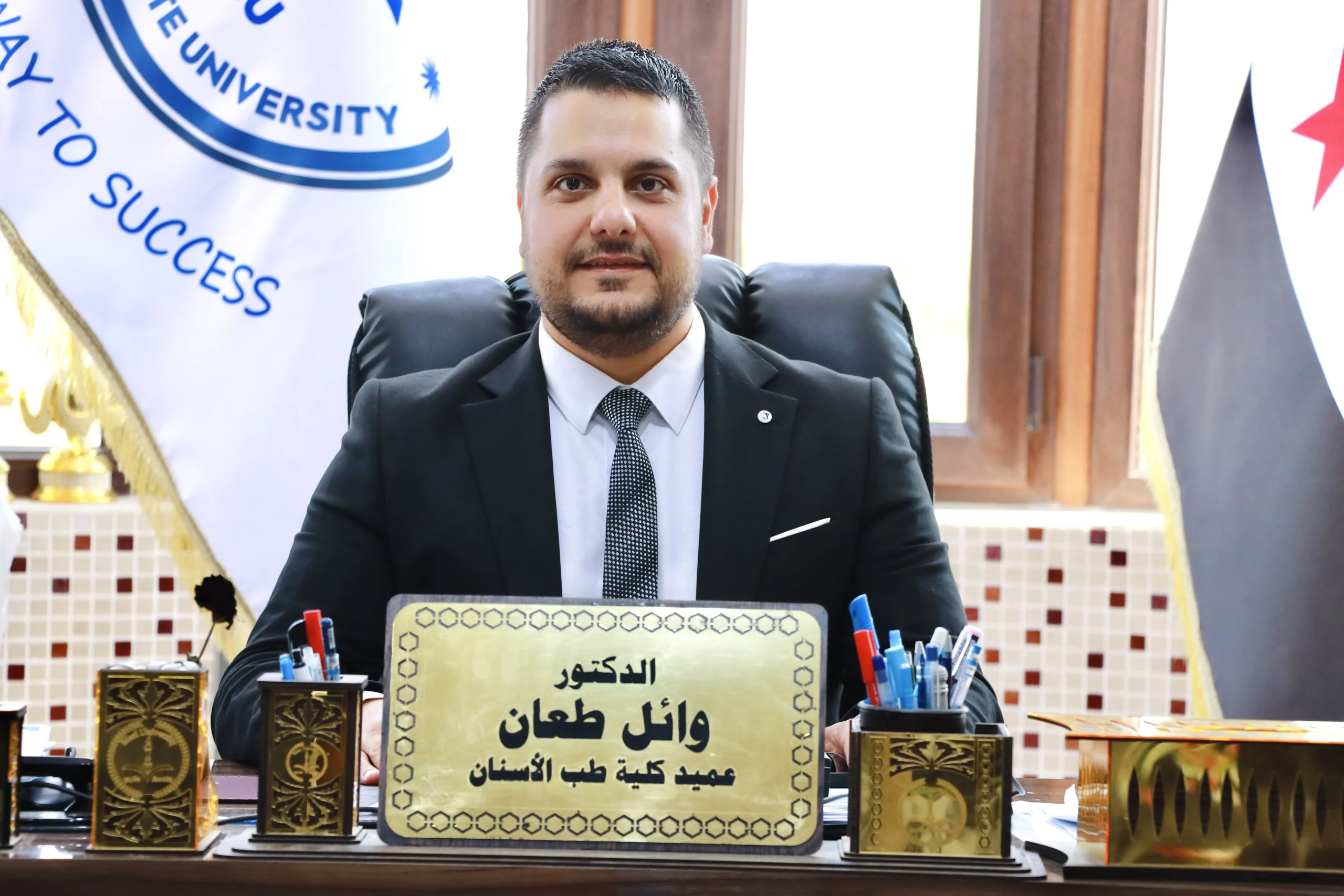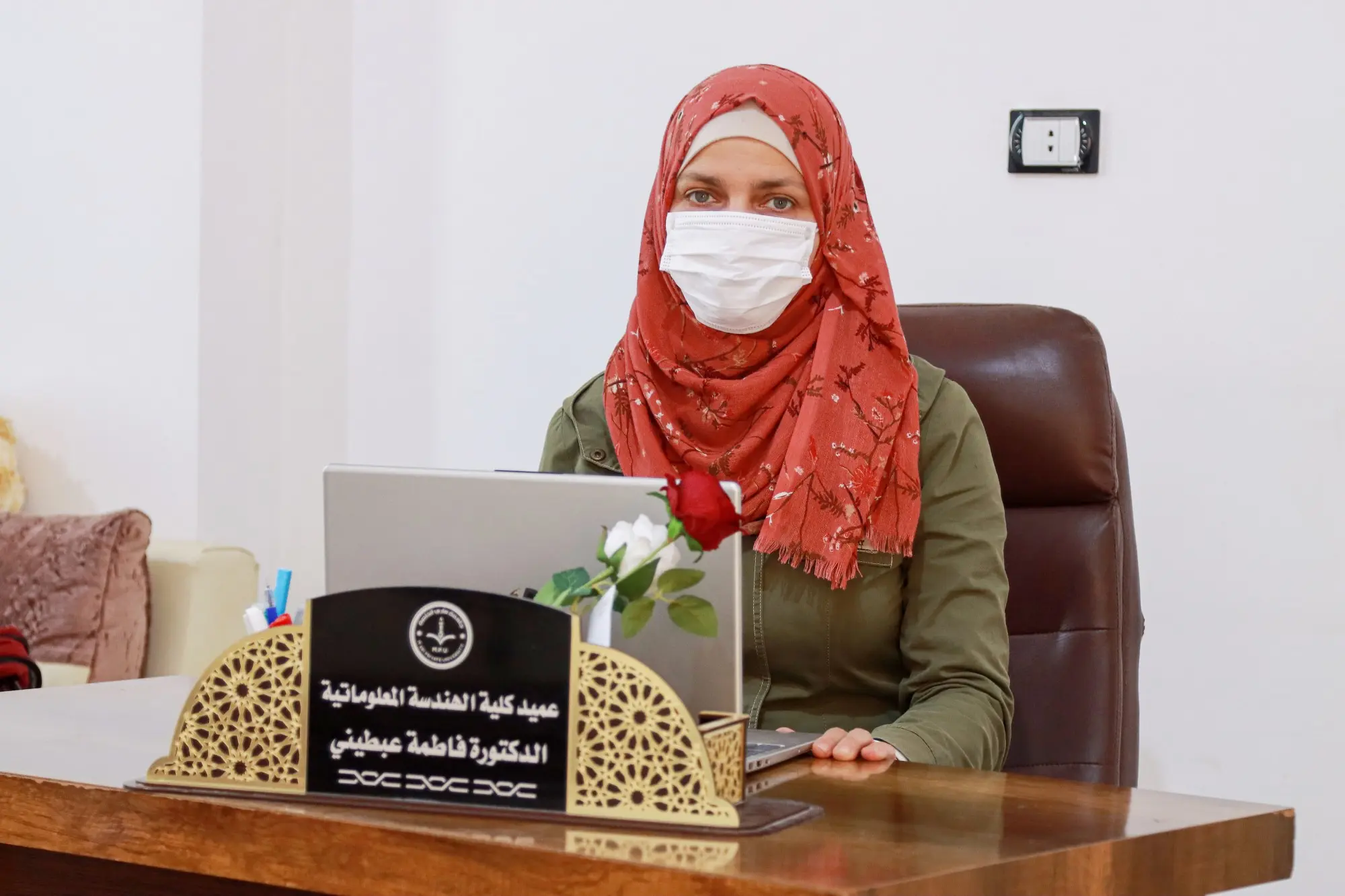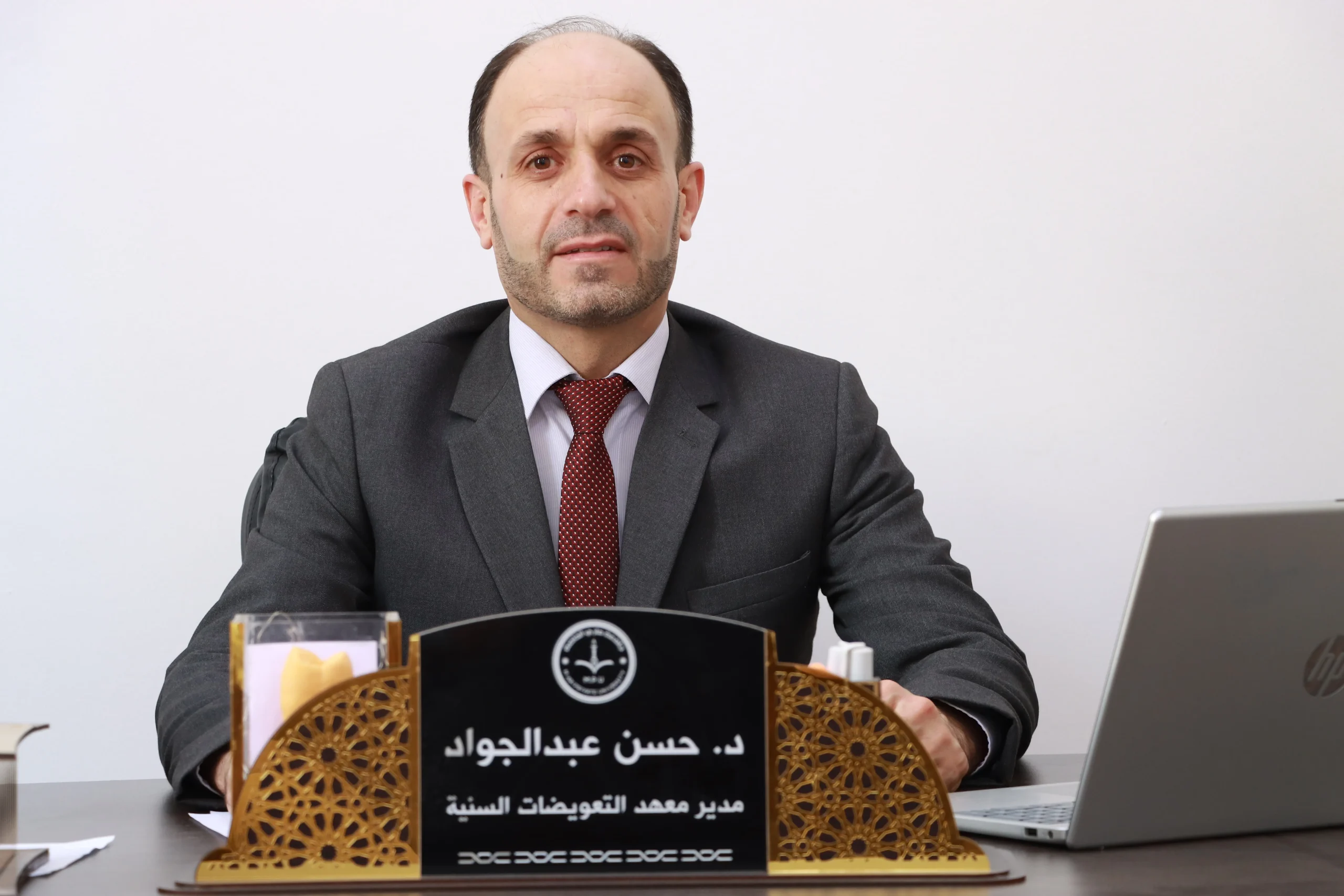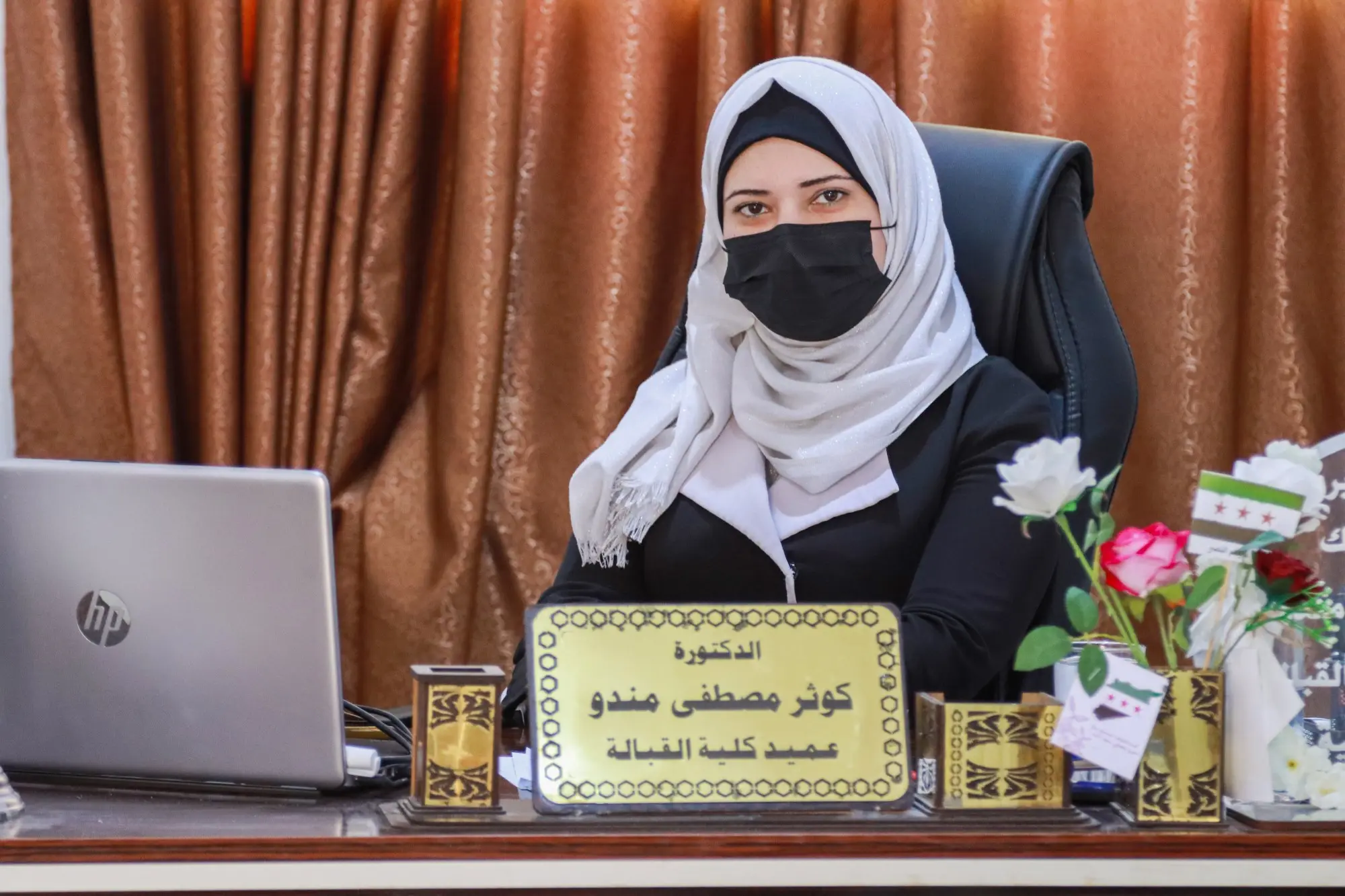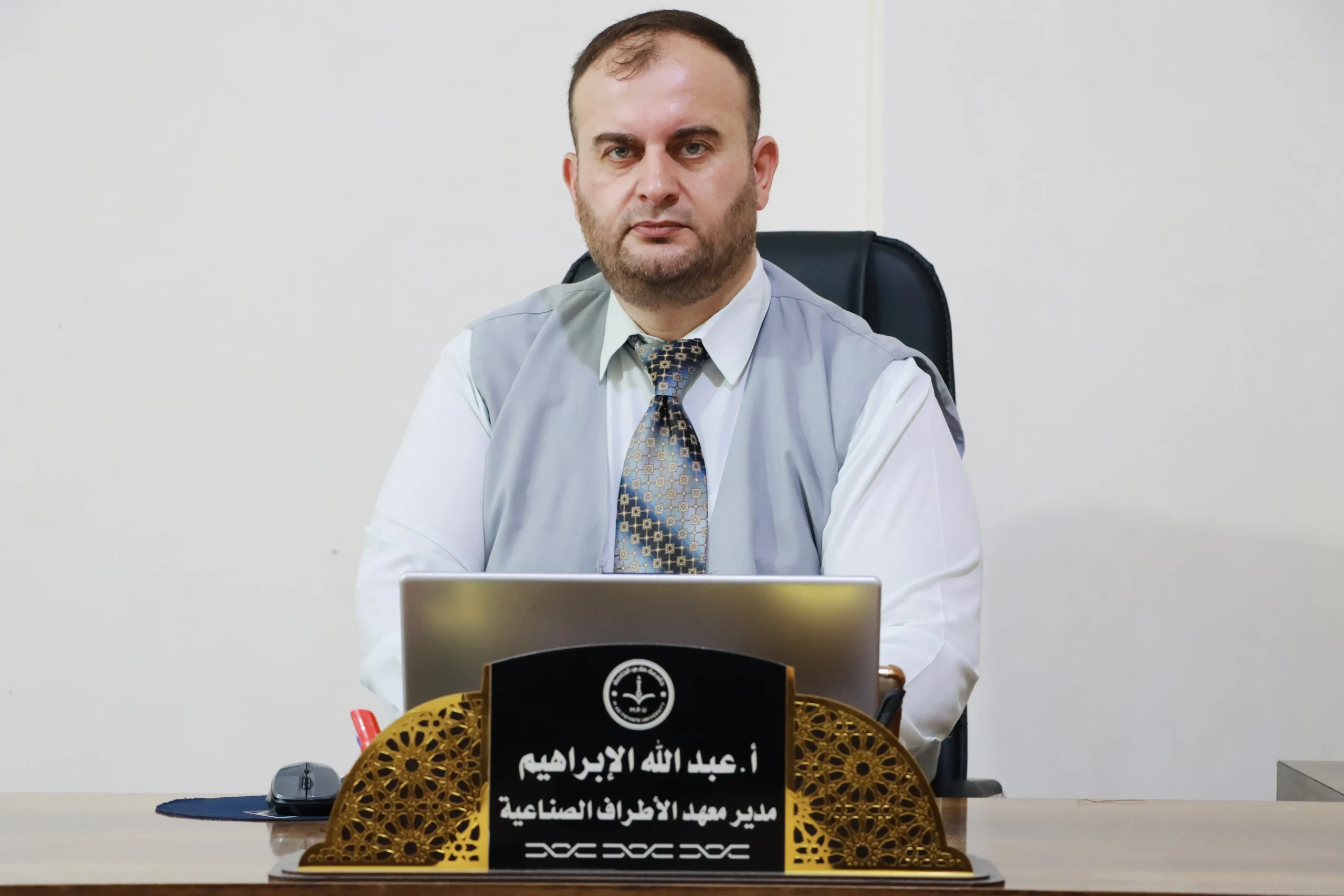- Faculty of Aesthetic Nutrition and Dietetics Schedule
- Name lists
- Lists of names of first-year students in the College of Nutrition and Cosmetics
- Lists of names of second-year students in the Faculty of Nutrition and Cosmetics
- Lists of names of third-year students in the Faculty of Nutrition and Cosmetics
- Lists of names of fourth-year students in the Faculty of Nutrition and Cosmetics
- Faculty of Aesthetic Nutrition and Dietetics Schedule
- Name lists
- Lists of names of first-year students in the College of Nutrition and Cosmetics
- Lists of names of second-year students in the Faculty of Nutrition and Cosmetics
- Lists of names of third-year students in the Faculty of Nutrition and Cosmetics
- Lists of names of fourth-year students in the Faculty of Nutrition and Cosmetics

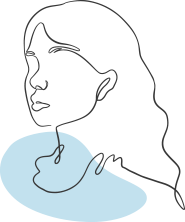
College of Health Sciences – Department of Cosmetic Nutrition
Mary your way to success..
At the College of Aesthetic Nutrition, we design the future of health through an integrated scientific vision that combines innovation in the field of nutrition with advanced applied training. Our academic programs prepare cadres capable of transforming nutritional knowledge into preventive and therapeutic solutions, using a research methodology based on the latest scientific evidence and keeping pace with global health challenges.



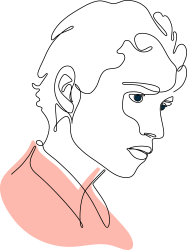

اللائحة الداخلية لكلية التغذية التجميلية
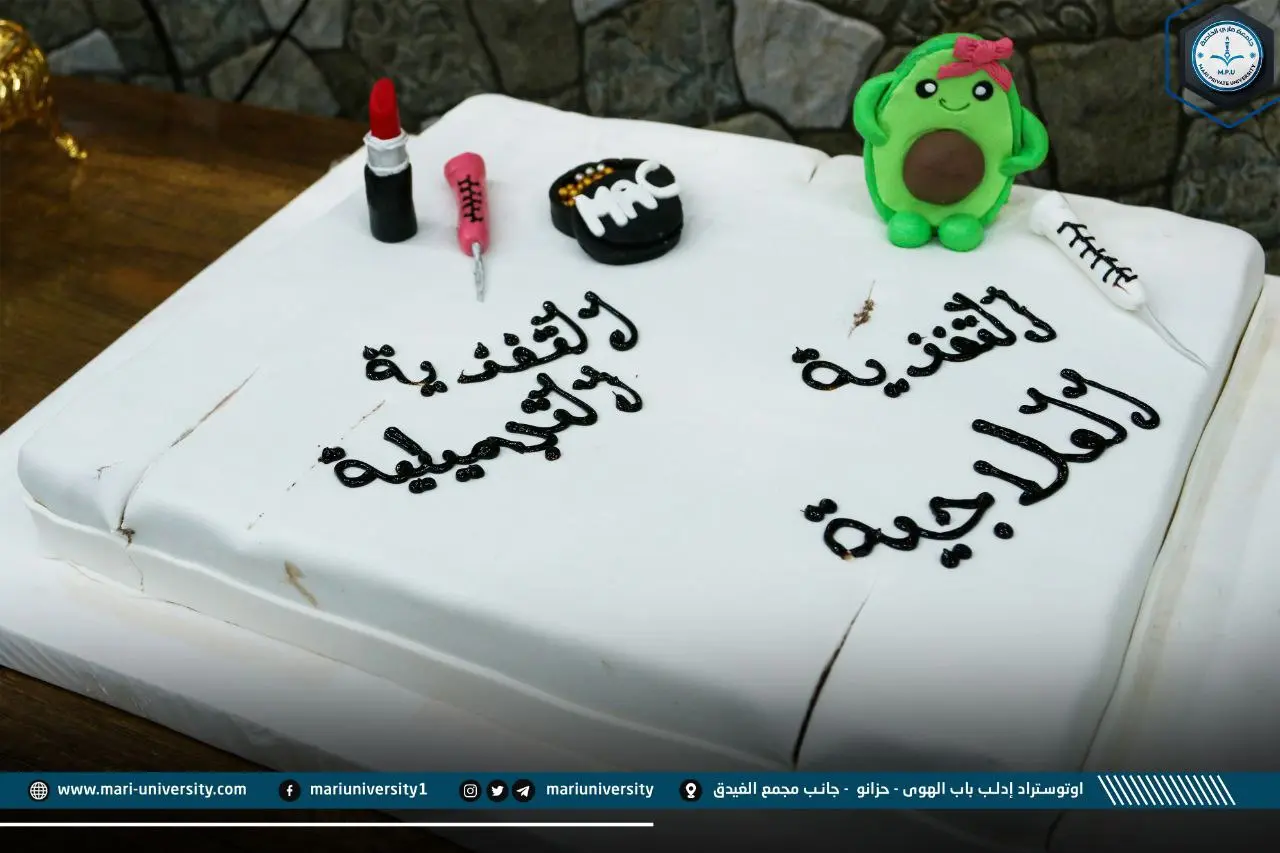
College introduction
The Bachelor of Medical Therapeutic Nutrition program is a cornerstone of the College of Health Sciences. Launched in 2022, it aims to prepare specialized personnel capable of addressing community health challenges through the development of scientific nutritional solutions. The program aims to empower graduates to improve the health and nutritional status of individuals and families and raise community awareness of optimal nutritional patterns, contributing to disease prevention and improving quality of life.

College vision
The college aspires to become a leading and accredited center in the field of therapeutic nutrition and its techniques at the local and regional levels, by providing an integrated package of academic, research, and consulting services that meet the highest international standards.

College message
The college seeks to provide the local and regional markets with leading competencies in the field of therapeutic nutrition by providing an exceptional educational and research environment that stimulates innovation and adheres to the highest international quality standards. We aim to develop experts capable of leading a radical shift in the concept of nutritional therapy, by integrating the latest scientific techniques with applied expertise to provide proactive solutions that enhance community health and combat emerging nutritional challenges.
أهداف الكلية



Global Scientific Collaboration:
Establishing research and educational partnerships with leading academic departments and international institutions specializing in food science and nutrition, to exchange expertise and keep pace with global developments.
Promoting Health Awareness:
Organizing educational campaigns and community activities in cooperation with local and international organizations, to disseminate the principles of therapeutic nutrition and best preventive practices.
Leading Scientific Events:
Organizing international conferences and workshops that bring together experts and researchers in the field of therapeutic nutrition, to highlight scientific developments and encourage innovation.
Integrated Infrastructure:
Providing advanced educational and research facilities (laboratories, training clinics, digital platforms) that enable students and researchers to conduct pioneering research and apply knowledge practically.

Academic Leadership:
Graduating specialized cadres in therapeutic nutrition equipped with the highest scientific and practical standards, capable of providing innovative solutions to promote community health and combat nutrition-related diseases.
Certified Scientific Consultations:
Providing certified nutritional and therapeutic consultations through a specialized center that serves as a scientific reference at the local and regional levels in the field of therapeutic nutrition and dietary design.
Applied Research:
Producing evidence-based scientific research to improve nutritional practices for individuals and communities, with a focus on designing realistic solutions to promote sustainable healthy habits.
Innovation in Clinical Nutrition:
Developing functional foods and customized nutritional protocols that meet the individual needs of patients based on various disease conditions (such as diabetes, heart disease, and gastrointestinal disorders).
Strategic Partnerships:
Enhancing collaboration with governmental and private health agencies and community institutions to implement awareness programs and effective nutritional interventions that contribute to building a healthy society.
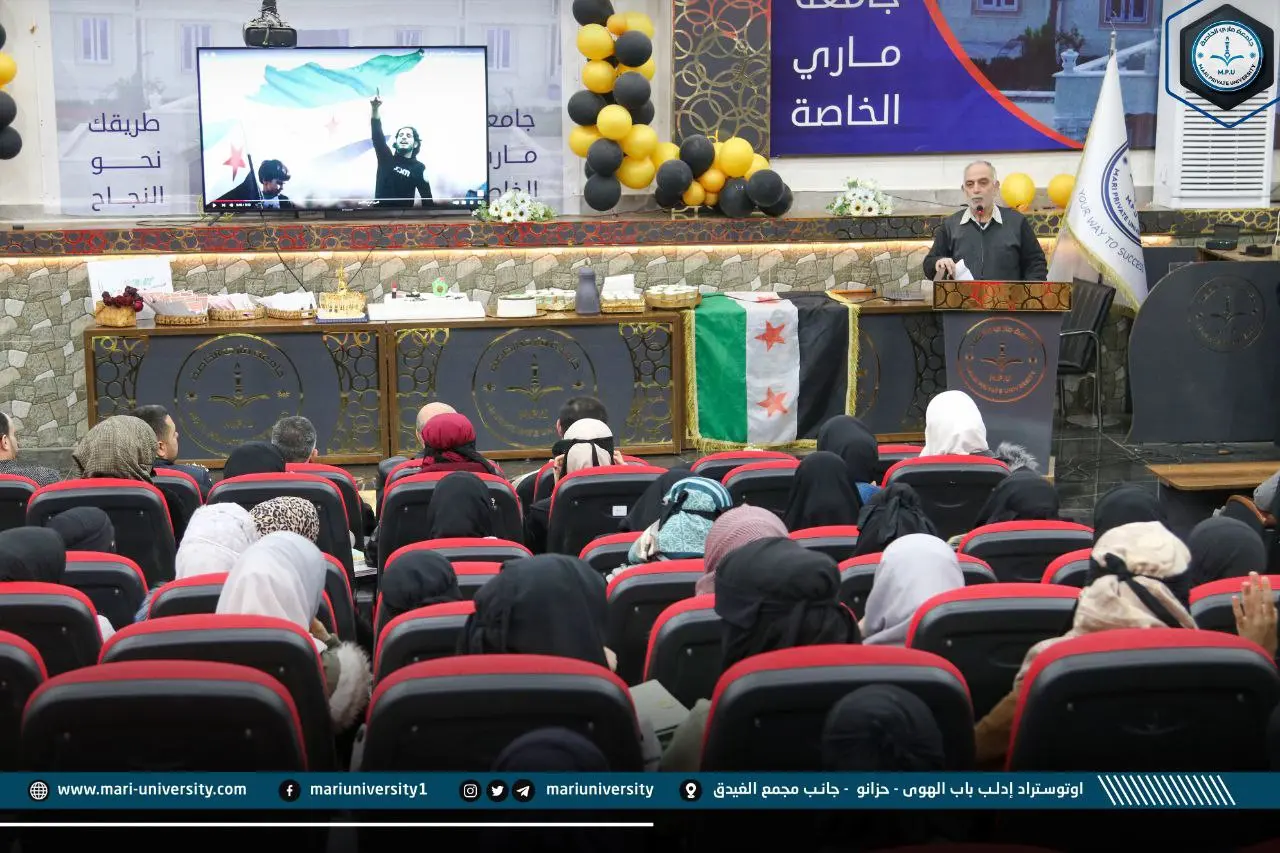


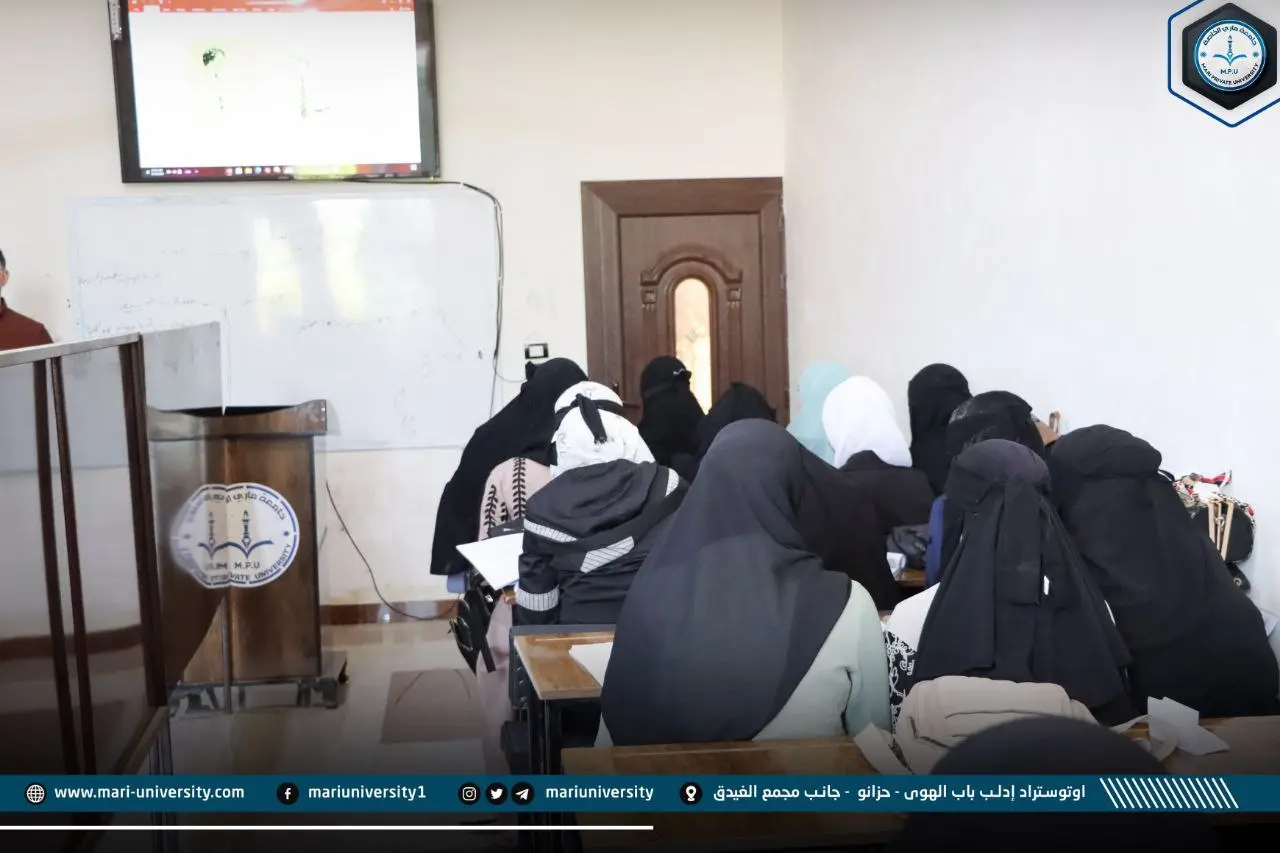


شروط القبول في كلية
ماهي الشروط الأساسية؟
الحصول على شهادة الثانوية العامة (علمي/أدبي) وفق شروط مجلس التعليم العالي.
اجتياز مقابلة شخصية تُقيّم الميول المهنية والسمات الشخصية.
التفرغ الكامل للدراسة.
كيف يكون نظام الدراسة في الكلية
المدة: 4 سنوات دراسية (8 فصول) وفق النظام الفصلي.
التوزيع الزمني:
ينقسم العام الدراسي إلى فصلين، مدة كل فصل 12 أسبوعًا.
الخطة الدراسية: تجمع بين المحاضرات النظرية (70%) والتدريب العملي (30%).
كيف يمكنني الاتصال بالجامعة مباشرة؟
العبارة الافتراضية المناسبة للرد على السؤال السابق (للإجابة العامة):
"للتواصل المباشر مع جامعة ماري بإدلب، يمكنكم استخدام إحدى الوسائل التالية:
الهاتف أو البريد الإلكتروني الموجود على الموقع الرسمي.
زيارة الحرم الجامعي خلال أوقات الدوام الرسمي.
متابعة قنوات التواصل الاجتماعي للجامعة للحصول على آخر التحديثات.
للمزيد من التفاصيل، نوصي بزيارة المنصات الرسمية للجامعة أو الاتصال بهم مباشرةً. نسعد بمساعدتكم في أي استفسار إضافي!"
ماهي لغة التدريس المعتمدة؟
اللغة الرسمية للتدريس: اللغة العربية.
تُدرَّس بعض المقررات المتخصصة باللغة الإنجليزية (مثل: مصطلحات الصحة النفسية، مناهج البحث العلمي).
كيف يتم التعامل مع موضوع الحضور والدوام؟
يُشترط حضور 75% على الأقل من المحاضرات النظرية والعملية لكل مقرر.
يُحرم الطالب من دخول الامتحان النهائي إذا قلّت نسبة حضوره عن النسبة المطلوبة.
الكادر الإداري والعلمي
د.خالد الطويل
رئيس الجامعةد.عمر الصالح
نائب رئيس الجامعة للشؤون العلمية والإداريةد. وائل طعان
عميد كلية طب الأسناند. فاطمة عبطيني
عميدة كلية الهندسة المعلوماتيةد. حسن عبد الجواد
مدير معهد التعويضات السنيةد. خالد الطويل
عميد كلية العلوم الصحيةد. كوثر مندو
رئيس قسم القبالةأ. عبد الله الإبراهيم
رئيس قسم الصحة النفسيةأ. عبد الله الإبراهيم
مدير معهد الأطراف الصناعية

التقويم والامتحانات
Exam Dates:
College exams are conducted according to the university calendar approved by the university after approval by the Higher Education Council.
Grade Distribution:
The maximum grade for each course is 100 points, divided as follows:
30 to 60 points for the practical section (during the semester).
40 to 70 points for the theoretical exam (at the end of the semester).
The exact distribution (practical/theoretical) is determined according to the nature of each course.
Details of the Practical Section:
Includes:
The student’s work grade (reviews, seminars, oral exam, performance evaluation).
Practical exam.
The course instructor distributes the percentages among the components of the practical section.
Conditions for Disqualification from the Written Exam:
A student will be disqualified from the theoretical exam if they score less than 40% in the practical section, according to the following limits:
12/30, 16/40, 20/50, 24/60.
Examination Procedures:
Written exam duration: Two hours for each course.
The instructor (with the dean’s approval) may change the exam format (oral/written) to suit the nature of the course.
Resit Examination for Failed Students:
A failed student retains the full grade for the practical section and is permitted to retake the practical exam only.
Overall Graduation Grade:
Excellent: If the average is ≥ 85%.
Very Good: If the average is between 75% and less than 85%.
Good: If the average is between 65% and less than 75%.
Passable: If the average is between 60% and less than 65%.






الانضباط الجامعي


Educational Objective:
Mary University is an educational institution whose goal is to provide knowledge, not a platform for disseminating intellectual, political, or ideological trends on campus.
Use of Halls:
Access to lecture halls and auditoriums is permitted only during designated lecture times.
The use of these spaces for any other activities is prohibited without the approval of the university president.
Advertisements and Bulletins:
Placing advertisements, bulletins, or any media materials is prohibited except in designated areas and after obtaining official permission.

Social Media:
Official university accounts are used for academic and administrative purposes only.
Any misuse of these platforms exposes the student to legal accountability in accordance with the University Council’s decisions.
Student Activities:
Prior approval from the University Presidency is required to organize any activity (social, cultural, sports, or fundraising).
Cheating Control:
Cheating in exams is subject to the instructions issued by the University of Mary and previously announced decisions of the Higher Education Council.
Student Appeals:
Students are permitted to file an appeal against exam results within the specified period, provided they pay the required fees for each course.
أحكام وملاحظات


Miscellaneous Provisions
Course Selection:
The College Council determines the courses and the number of approved semesters at the beginning of each semester.
The Council reserves the right to amend course descriptions in accordance with scientific developments in dentistry.
Amendments to the Curriculum:
In the event of a change in the curriculum, the College Council shall issue transitional decisions reconciling the old and new systems, subject to the approval of the Ministry of Higher Education.
General Regulations:
The provisions of the Higher Education Council and university regulations shall apply to any situation not stipulated in these regulations.

Effectiveness of Regulations
The provisions of these regulations will be effective starting with the 2021–2022 academic year.
The cases of former students will be processed in accordance with the previous regulations that were in effect prior to the adoption of these regulations.
Exceptions
The Higher Education Council may exempt any provision of these regulations by a justified, written decision.

